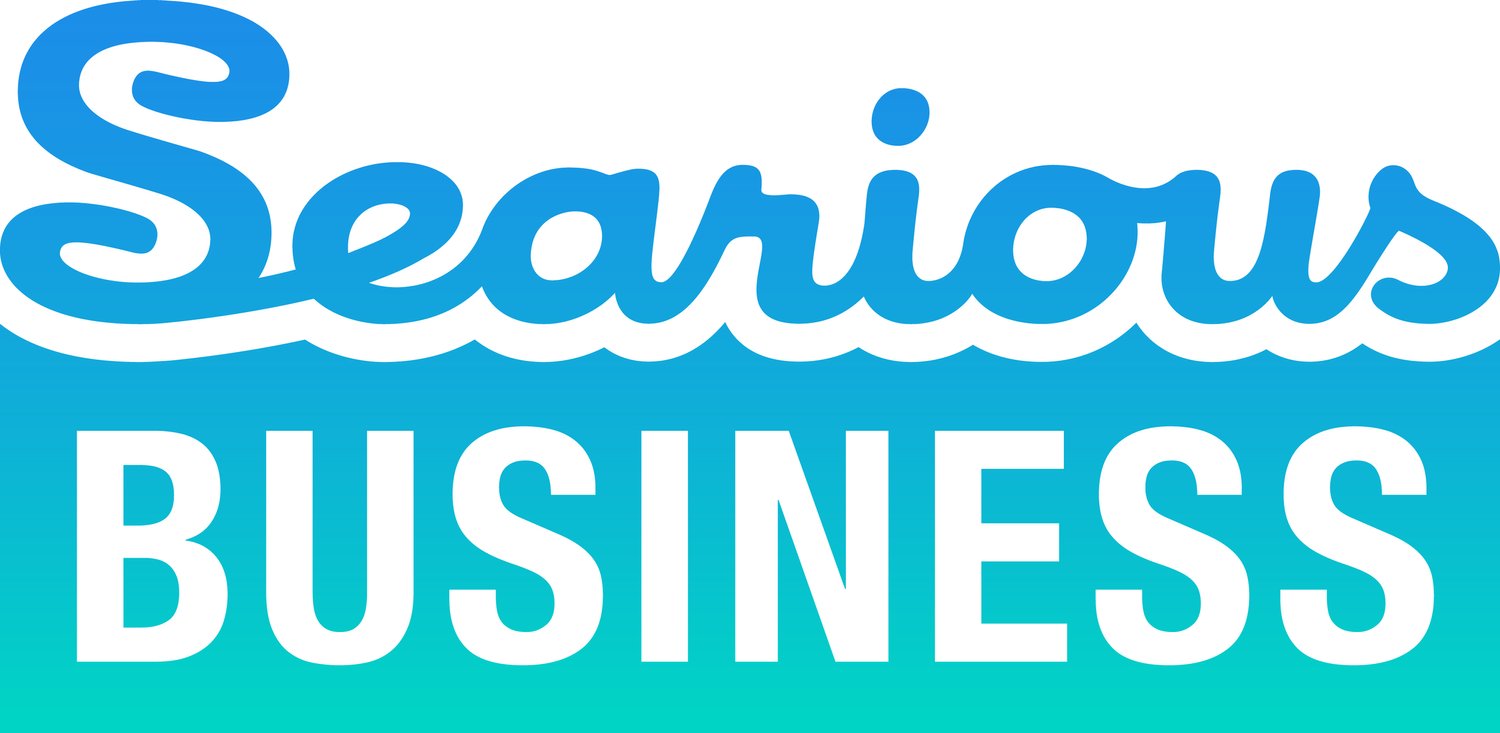Plastic Waste Free Islands
Caribbean and Pacific Small Islands Developing States
Searious Business and the International Union for Conservation of Nature (IUCN) are working together to tackle increasing plastic waste on islands. In 2019, they launched the "Plastic-Waste Free Islands" initiative with the aim of designing and implementing solutions for a plastic waste free future.
The Blueprint
We created a complete Do-It-Yourself guide to reducing plastic waste on any island anywhere in the world – a Blueprint to zero plastic waste. It can be used by any organisation, citizen and politician to find existing upstream and downstream solutions or inform future developments and investments. Joint action and sharing information and results are key to solving a problem that affects us all. Only together can we develop creative solutions to protect our ocean and our livelihoods from plastic pollution
SOLUTIONS
We identified 4 innovative solutions to REDUCE, REUSE or RECYCLE the plastic waste generated on the island, redirecting it from landfill and incineration. From reducing single-use plastics in tourist and eating establishments to effective closed-loop recycling, we intend to reduce plastic waste by up to 80%.
BOTTLE TO BOTTLE
Searious Business conducted a 5-month pilot in Antigua and Barbuda. PET bottles were collected with a deposit return scheme (DRS), and shipped to recyclers like ALPLA in Mexico. We are also helping to develop Container Deposit Legislation (CDL) for PET bottles to support the national collection and recycling of this valuable material.
600,000 PET
bottles collected and recycled
of plastics diverted from landfill
12,500 KG
17,180 KG
of CO2 emissions saved
REUSABLE FOOD CONTAINERS
We established a pilot to trial the use of reusable food containers in the Spice of India restaurant in St Lucia. The aim is to reduce plastic leakage by developing an economically viable reuse scheme in restaurants, cafes and take-out outlets. With a successful reusable food container scheme, up to 250 kg/year of plastic waste could be avoided per year per restaurant.
WASTE TO PRODUCT
Not all plastic on the islands can be eliminated or reused. There will always be some plastic that will end up as trash. Much of this plastic waste is not suitable for closed-loop recycling. That is where waste-to-product solutions can breathe new life into discarded mixed plastic trash.
We designed this park bench for the island of Samoa. The bench can be made from recycled HDPE or mixed plastic waste using extrusion based technology.
The Trash Nest is devised as a way to keep collected waste off the ground and safe from wildlife on the island of Vanuatu. It is made from mixed, unwashed plastic waste using extrusion and intrusion methods.
The prototype chair above was designed for St Lucia and is made from recycled HDPE, commonly used for milk and detergent bottles. It is modular in design for easy repair and is made using sheet pressing technology.
150 TONNES
per year of HDPE and PP saved
164.7 TONNES
of CO2 emissions saved
ZERO PLASTIC WASTE TOURISM
To help the tourist industry reduce its plastic footprint, we developed three sector-specific Zero Plastic Waste Toolkits. They contain concrete suggestions for hygienic and convenient zero-plastic waste strategies. Including clear cost-benefit analysis comparisons, returns on investment, and waste and carbon footprint savings.
We invite interested parties to test these kits in practice and share their experience so we can continue to make improvements.
NET TO NET
Ghost gear is a worldwide issue impacting biodiversity and marine ecosystems. Legislation regulating the management of fishing gear and ropes is a requisite response to this major source of plastic pollution. We produced a position paper with the IUCN outlining the roadmap to effective extended producer responsibility (EPR).
Read the full position paper
Monthly recap
Stay up to date with our projects and other developments in the circular economy



















